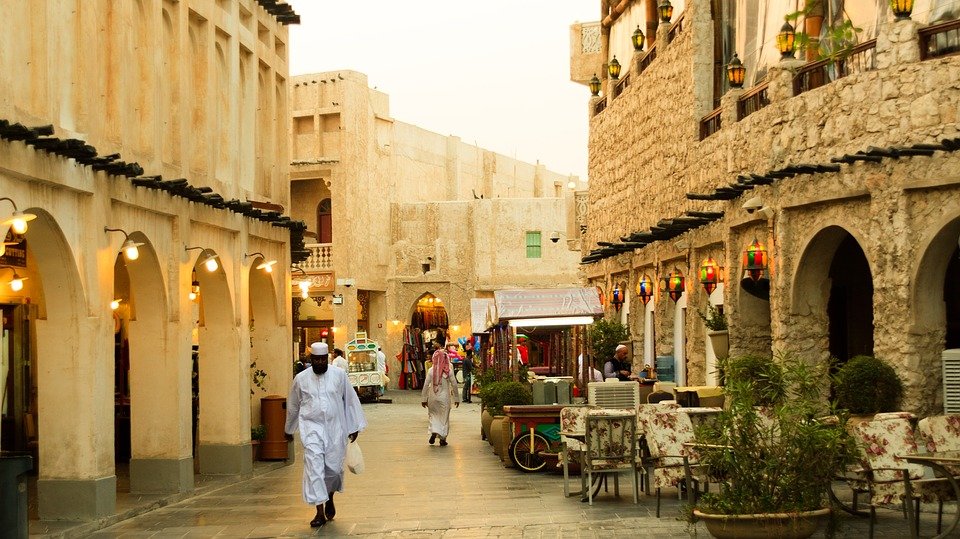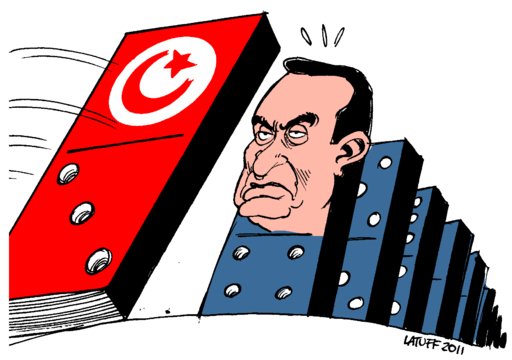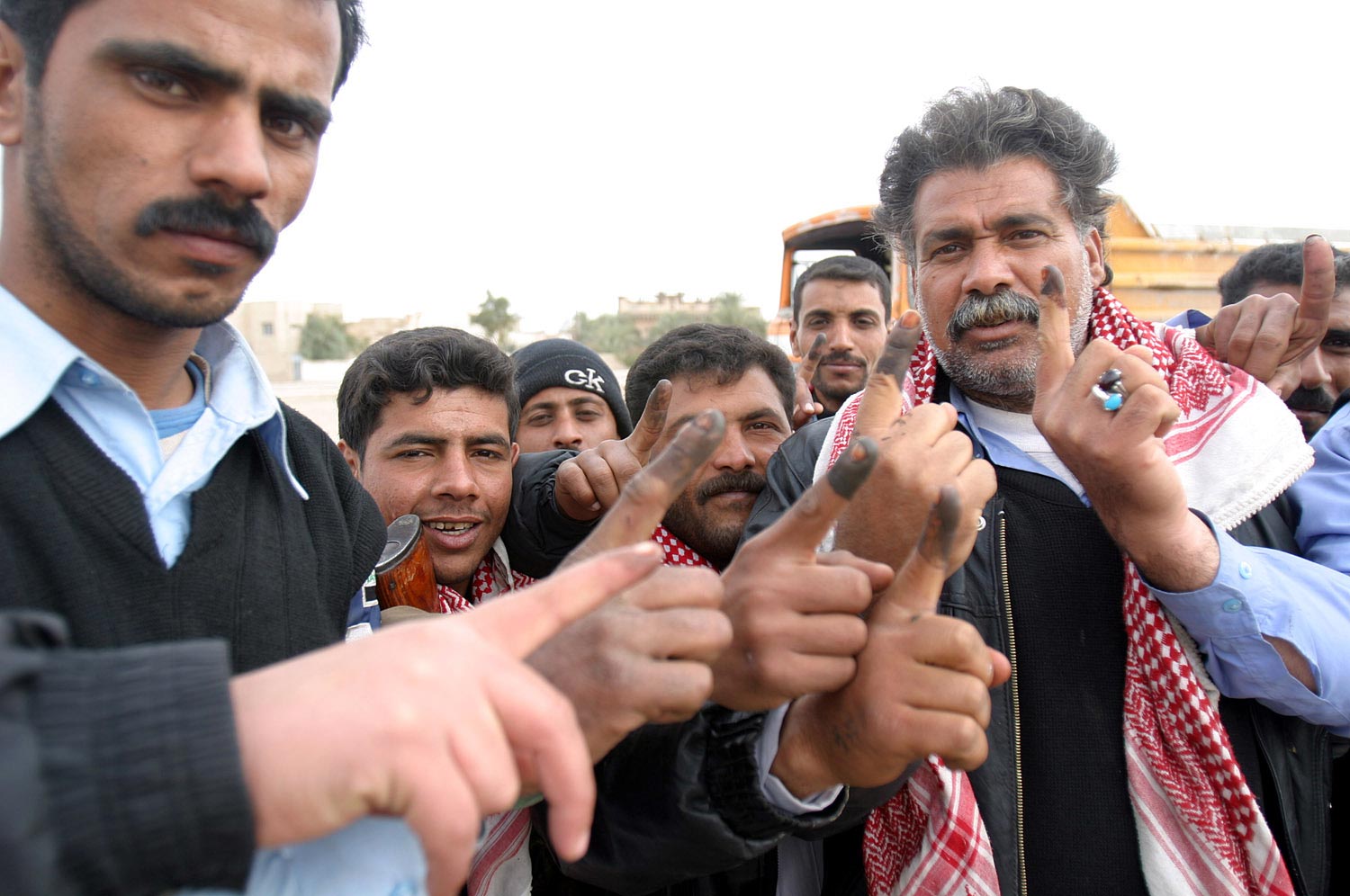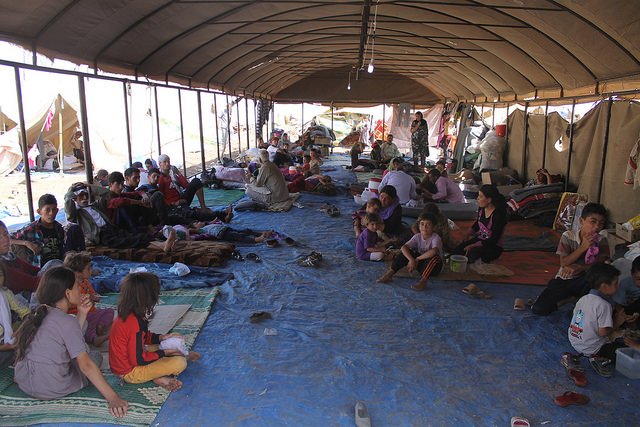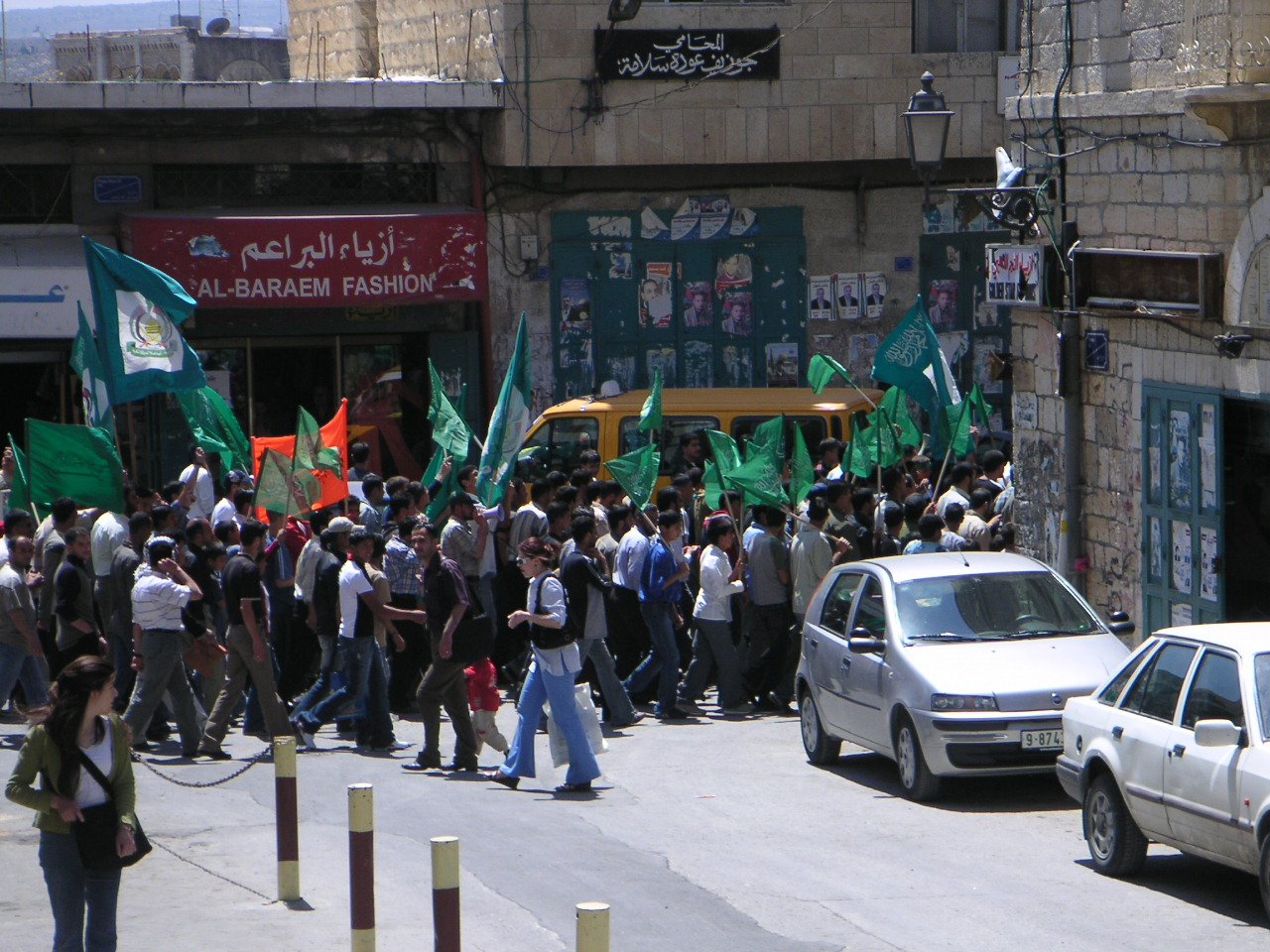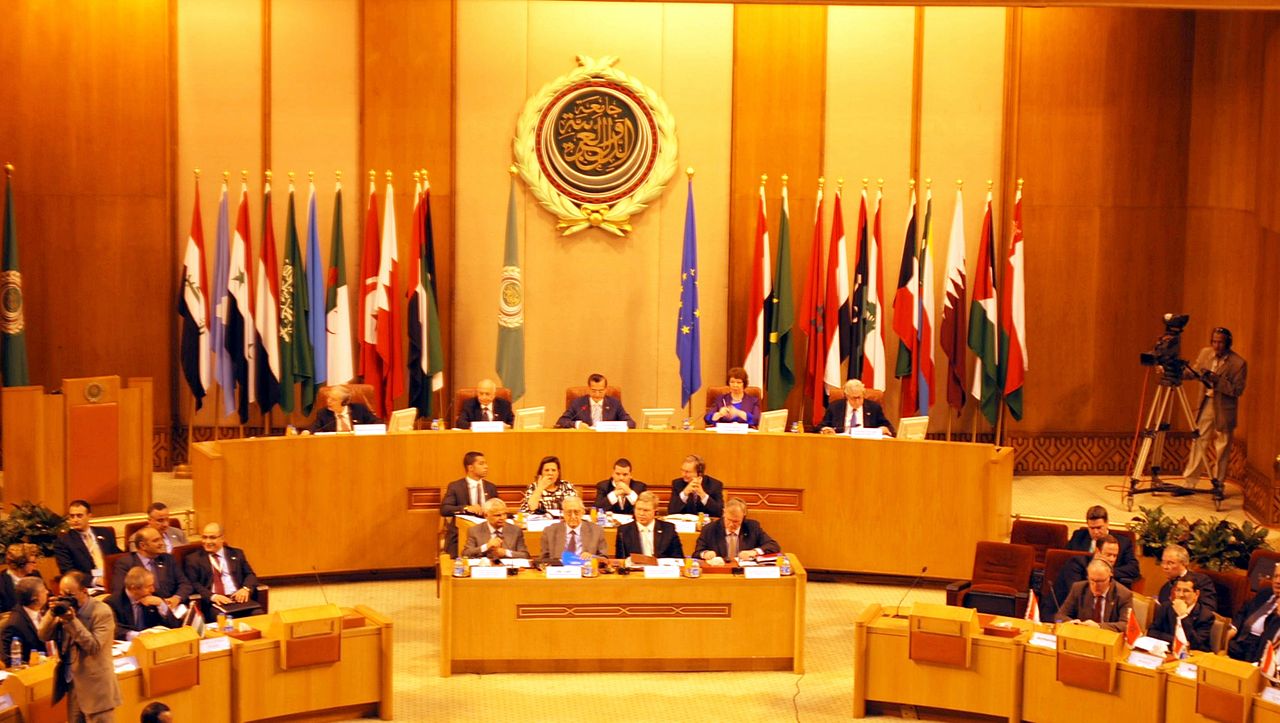Issue 25, winter/spring 2018 https://doi.org/10.70090/GG18QCAJ Abstract This study examines the coverage of the Yemeni crisis, before and after the outbreak of the Gulf crisis, by Al-Jazeera English news websites. It aims to identify any existing variation in Al-Jazeera’s news coverage with respect to the Yemeni crisis, thus examining the degree …
Read More »Preserving the Past, Mobilizing the Past: The Nakba as a Prospective Media Realm
Issue 25, winter/spring 2018 https://doi.org/10.70090/GW18PPMP Abstract This article discusses the mediated presentation of the Nakba in the post-Oslo era through an examination of ‘anniversarial’ journalism. By viewing media as an interpretative memory community, this work reveals how Palestinian society has shaped its ideological framing and worldview over time. Building on …
Read More »Local Media Framing of Egyptian Monetary Policy: Insights from the 2016 Flotation of the Pound
Issue 25, winter/spring 2018 https://doi.org/10.70090/EA18LMFE Abstract On November 3, 2016, the Central Bank of Egypt (CBE) announced the free flotation of the Egyptian pound in an attempt to stabilize the economy. Following this announcement, the CBE issued a series of press releases addressing the matter, and the flotation was widely …
Read More »Al-Jazeera’s relationship with Qatar before and after Arab Spring: Effective public diplomacy or blatant propaganda?
Issue 24, summer/fall 2017 https://doi.org/10.70090/ZAN17DBP Abstract Since its foundation in 1996 until the Arab Spring uprisings in 2011, the Qatar-based and funded channel, Al-Jazeera, was considered by many media and politics scholars as a major element of a “pan-Arab public diplomacy” and even a “virtual state.” The main reasons behind …
Read More »The Arab Spring in Israeli Media and Emergent Conceptions of Citizenship
Issue 24, summer/fall 2017 https://doi.org/10.70090/GLDK17AS Abstract This article returns to 2011 and the beginning of the Arab Spring in order to ask how the Israeli middle class came to draw similarities between their conditions and those of the Arab citizens who had risen against authoritarian rule. This question is also …
Read More »Mediated Policy Effects of Foreign Governments on Iraqi Independent Media During Elections
Issue 24, summer/fall 2017 https://doi.org/10.70090/MAA17IIE Abstract I use the term mediated policy to refer to messages about Iraq sent by international news media outlets of foreign governments during the Iraqi parliamentary elections of 2010, and I hypothesize that US Mediated Policy, Iranian Mediated Policy, and Saudi Mediated Policy are three latent constructs interacting …
Read More »Middle Eastern Minorities in Global Media and the Politics of National Belonging
Issue 24, summer/fall 2017 https://doi.org/10.70090/EM17TPNB Abstract Since the Arab uprisings began in 2010, some communities have experienced increased levels of violence or insecurity on the basis of their ethnic, religious, or linguistic identity. This article examines how such communities have mobilized and developed their media strategies in order to protect themselves …
Read More »The Politics of Representation on Social Media: The Case of Hamas during the 2014 Israel–Gaza Conflict
Issue 24, summer/fall 2017 https://doi.org/10.70090/JJZ17PRS Abstract Alongside the military confrontation that took place in the Hamas-ruled Gaza Strip in July and August 2014, a battle in the media sector was also underway. This study focuses on the agenda of Hamas during different stages of the psychological war between the two …
Read More »State Control Over Film Production in Egypt
Issue 23, winter/spring 2017 https://doi.org/10.70090/CEK17SCF This essay is part of an ethnographic study of Egyptian film production conducted between August 2013 and September 2015. The study is centered on participant observation within two main film companies, New Century Film Production and Al-Batrik Art Production, in addition to interviews conducted with …
Read More »“Arab Culture”: From Orientalist Construct to Arab Uprisings
Any attempt to write an account of popular culture in the Middle East must face the question of how to define Arab and the Arabs? This might seem an odd statement at first glance: some 350 million people speak the language, ergo they are Arabs, and Arab, the Arabs, the …
Read More » Arab Media & Society The Arab Media Hub
Arab Media & Society The Arab Media Hub
